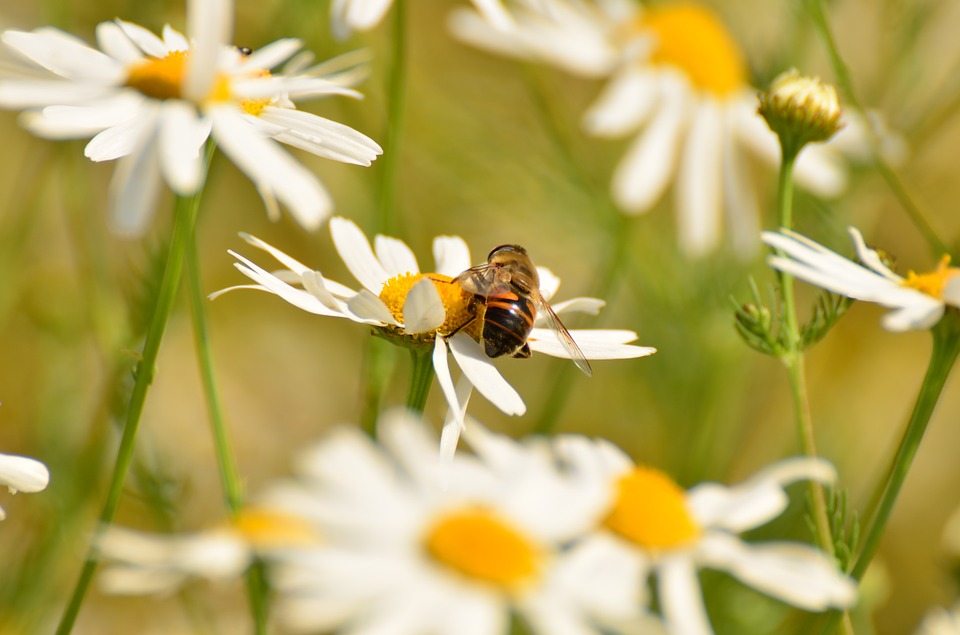Skin allergies in children
Skin allergies are the most common allergies in children. The second most common is food. Respiratory allergies, which are more common among older children, is the third most common.

Around the world, we have seen an increase in cancer, asthma, allergies, inflammation, and, most recently, the outbreak of SARS and avian viruses(Covid-19).
TiP. Cut out the confectionery, sweets, and sugar content in food. Add honey to food or drink. Do not use a toxin home cleaner. Restrict a stay in a smoky and dirty environment.
CAUSES
Allergies occur when the body negatively reacts to certain substances.
These can include, but aren’t limited to:
dust mites
dyes
food
fragrances
latex
mold
pet dander
pollen
In some cases, skin allergy symptoms show up when the skin comes into direct contact with an external substance. In other cases, the allergen may be ingested or inhaled. Signs may also appear in conjunction with other types of allergy symptoms, such as headaches, congestion, sneezing, and runny nose.
How can allergies affect your child’s skin?
If your child comes in contact with an allergen, they may develop contact dermatitis. Their skin may appear red, itchy, scaly, bumpy, swollen, they touch, inhale, or eat an allergen, they can also develop hives. These are raised welts that can develop on their skin, and they’re almost always itchy. Some children with allergies also develop eczema. This condition causes their skin to become inflamed, itchy, and irritated, even when they haven’t made contact with an allergen.
Treatment: You can treat allergic contact dermatitis by:
- avoiding the irritant
- applying prescription steroid cream
- healing the skin with medications
- taking antihistamines to relieve itching
How do you find out what your child is allergic to?
Sometimes all your doctor needs to do is take a good history to help decide what your child should avoid. A good history is where your doctor listens to your concerns, ideas, and expectations. Your child’s history may be enough for the doctor to help suggest what to eliminate first. Not all skin reactions are allergic reactions. Your doctor can help determine the cause of your child’s skin reaction.
If a test for allergies is needed, your doctor will usually do a patch test or a skin prick test. The process involves the introduction of small amounts of allergens into the skin. If a reaction occurs, then your child may have an allergy to the substance. Your doctor will use various substances based on environment and family history. Sometimes a blood test is used for diagnosis, but these may be less accurate, particularly in very young children.
How do you manage skin allergies?
Eczema
About 1 in every 10 kids will develop eczema. Eczema, or atopic dermatitis, is an inflammatory skin condition characterized by red rashes that itch. It usually appears in children ages 1 to 5. Food allergies or environmental pollutants can cause eczema, but sometimes no cause is found.
Treatment: Standard treatment involves avoiding allergens and applying ointments and moisturizers. In extreme cases, your child may require prescription medication. Talk to your doctor if you suspect allergies. An allergist can help identify which allergens to avoid or which foods to eliminate.

Our world is vastly different from that of our ancestors. While we are more aware of environmental pollution today than ever before, we can’t avoid it. We eat, breathe, and live in our modern environment, making the ingestion of toxins a part of everyday life! Body Pollution (the pollution from the environment that enters our bodies) is exposing our immune systems to levels of chemicals, toxins, pollutants, and other agents our bodies were never designed to absorb. The scary truth is that we are all ingesting these negative substances every day in the food we eat, the water we drink and the air we breathe. Together, they weaken our immune systems and contribute to many of today’s most common diseases.
So what can we do to support and maintain a healthy immune system, and be better prepared to fight off environmental invaders? Daily supplementation with botanical extracts, antioxidants, vitamins and minerals, and phytonutrients is a good start. By giving our bodies the daily nutrition it needs, we are providing the basic building blocks for a healthy and effective immune system.
Tip.
Eating the foods high in zinc, Omega 3, Vitamin C, magnesium can be beneficial. Try botanical extracts /Intra Herbal Juice/, antioxidants, Turmeric Curcumin Supplements, vitamins, and minerals and phytonutrients ( NutriaPlus) too.
Source: Google, www.wikihow.com



The Best way how to order Intra Herbal Juice is via the Lifestyles online shopping – Please click here.
Please, if You have the question regarding Intra ordering we recommend viewing The Guide How to Order Intra Juice Online. Join as the member and save up to 40%...
Please click here for the frequently asked questions about Intra or email us if you have further questions.
Intra – Precise Formulation of 23 Botanical Extracts Pleasant Tasting Herbal Drink Consume by Millions. Intra carries a 30-day money-back guarantee. You’ve got nothing to lose, order Intra now!











